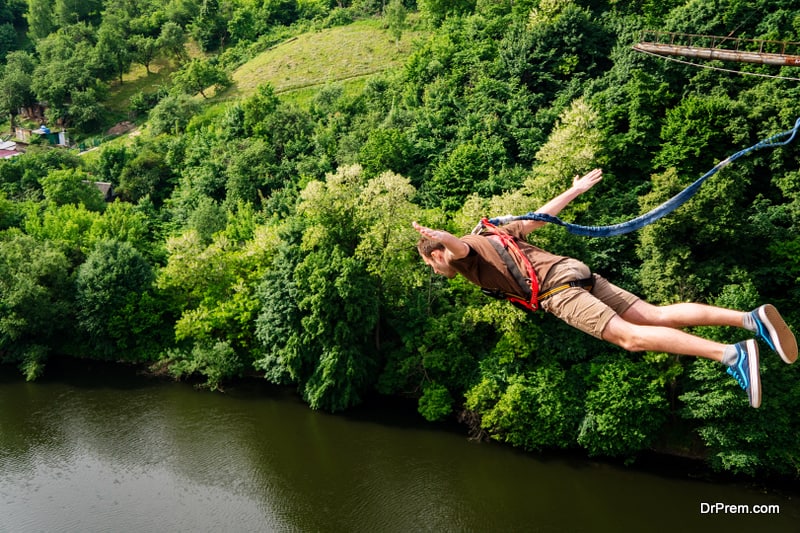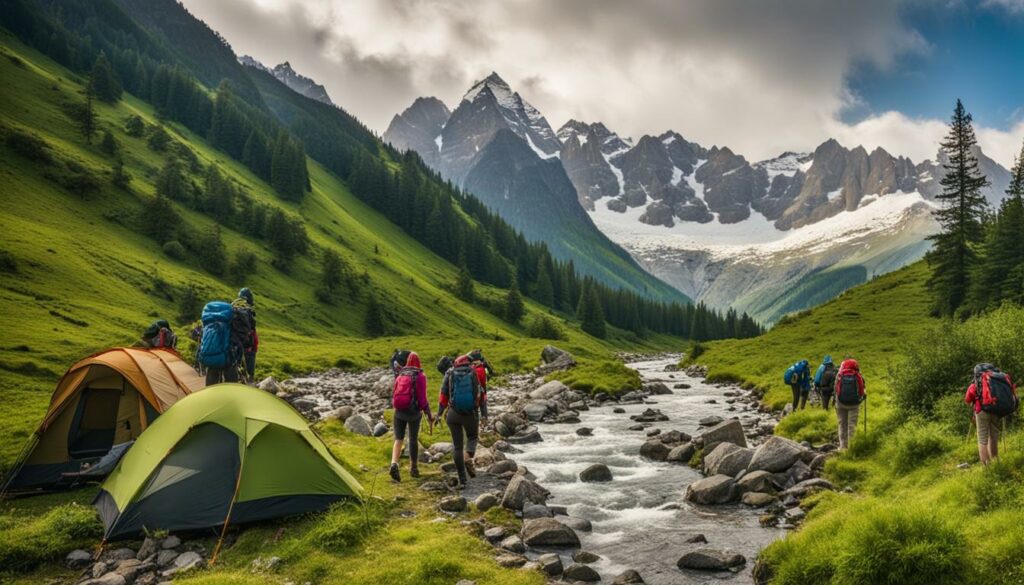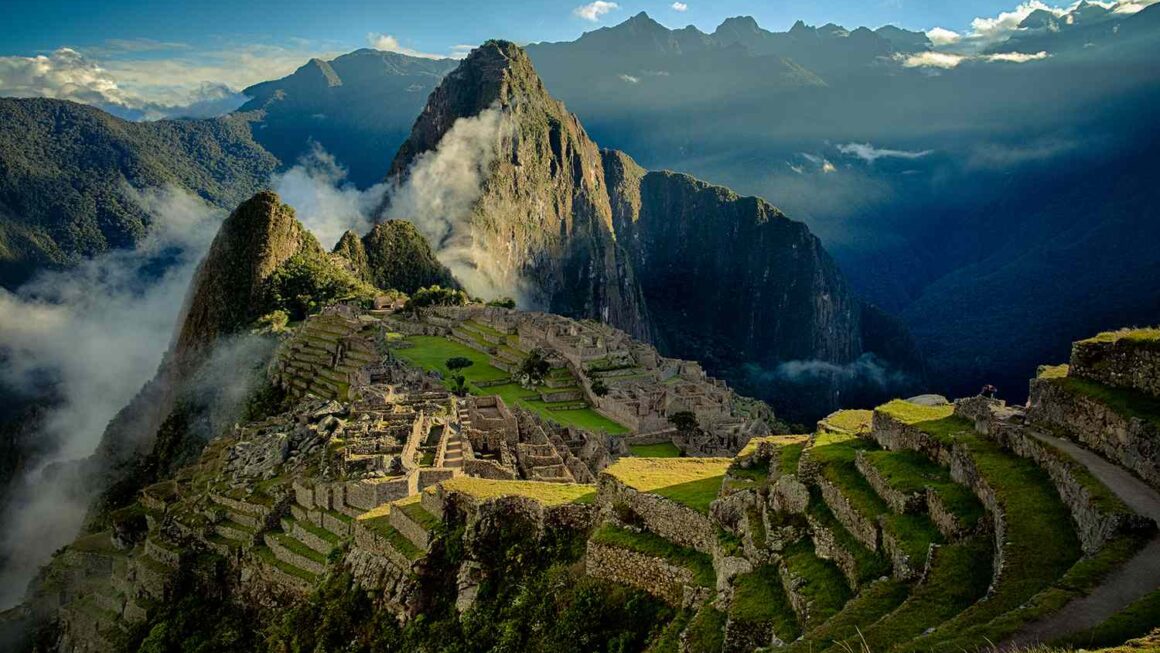Adventure travel has experienced a significant surge in popularity over the past decade, particularly among millennials. This generation, known for its desire to break away from traditional norms, pursue new experiences, and embrace change, is increasingly drawn to adventure travel. With its promise of unique, off-the-beaten-path experiences, adventure travel appeals to millennials’ desire for personal growth, exploration, and creating lasting memories.
In this article, we will explore why adventure travel is gaining so much traction among millennials, examining the cultural, social, and psychological factors that influence their travel preferences and how adventure travel aligns with their values and priorities.
1. Desire for Unique and Authentic Experiences
One of the main reasons millennials are flocking to adventure travel is their desire for authentic, unique experiences that go beyond traditional vacations. Instead of visiting well-known tourist destinations or staying in luxury resorts, millennials are seeking out destinations and experiences that allow them to truly immerse themselves in a culture, landscape, or adventure.
Why It Appeals:
- Escape from the Ordinary: Traditional vacations, such as lounging on a beach or staying at a resort, may seem unexciting to millennials who crave new and exhilarating challenges. Adventure travel offers experiences that allow them to step outside their comfort zones, whether it’s trekking through remote jungles, skydiving, or camping in the wilderness.
- Immersive and Cultural Exploration: Millennials value experiences that allow them to connect with local cultures and communities in an authentic way. Adventure travel often places them in settings where they can interact with locals, learn new customs, and gain a deeper understanding of the world beyond superficial tourism.
- Collecting Unique Memories: Millennials prioritize creating lasting memories over material possessions. Adventure travel offers them the chance to collect stories, photographs, and personal experiences that hold sentimental value, often more so than the souvenirs or items purchased during a typical vacation.
2. Social Media Influence and the Desire for Shareable Moments
Social media plays a central role in shaping millennials’ travel preferences, and adventure travel is no exception. Platforms like Instagram, TikTok, and YouTube have given rise to a trend of showcasing travel experiences, especially those that involve breathtaking landscapes, adrenaline-pumping activities, and unique encounters.
Why It Appeals:
- Visually Stunning Locations: Adventure travel offers the kind of dramatic, picturesque landscapes that are perfect for sharing on social media. Millennials are more likely to be attracted to places and experiences that offer stunning views, such as hiking up a mountain peak at sunrise or bungee jumping off a cliff. These moments are not only thrilling but also visually captivating, making them ideal for sharing with friends and followers.
- FOMO (Fear of Missing Out): The “FOMO” phenomenon drives millennials to seek out experiences that will make them feel part of an exclusive group of travelers. Seeing friends or influencers sharing their adventure experiences often sparks a desire to replicate those same moments. As adventure travel continues to dominate social media feeds, it further fuels the trend of millennials opting for these types of vacations.
- Social Validation: Sharing travel experiences on social media provides millennials with a sense of social validation and recognition. The ability to post stunning photos or videos of their adventures allows them to gain likes, comments, and appreciation from their social circles, reinforcing the appeal of adventure travel.
3. Focus on Personal Growth and Self-Discovery
Millennials are a generation that highly values personal growth, self-improvement, and meaningful experiences. Many millennials view travel as a tool for self-discovery and personal transformation, and adventure travel offers an ideal opportunity for this.
Why It Appeals:
- Challenging Boundaries: Adventure travel pushes millennials to step outside of their comfort zones, often in ways that traditional vacations do not. From learning new skills like rock climbing or scuba diving to navigating through remote landscapes, adventure travel fosters personal development by encouraging individuals to face their fears and overcome physical and mental challenges.
- Building Confidence: Completing an adventurous activity, such as summiting a mountain or completing a difficult hike, can lead to a sense of accomplishment and self-confidence. These experiences allow millennials to gain a deeper understanding of their capabilities and strengths, promoting a sense of empowerment and resilience.
- Reflective Experiences: Many millennials view travel as an opportunity to reflect on their lives, gain perspective, and recharge. Adventure travel often provides the solitude and quiet of nature, giving millennials the time and space to reflect, reset, and gain clarity about their goals and aspirations.
4. Desire for Wellness and Mental Health Benefits
As awareness of mental health and wellness grows, millennials are increasingly seeking experiences that promote their overall well-being. Adventure travel is seen as a way to disconnect from the stress of daily life, reduce anxiety, and improve both physical and mental health.
Why It Appeals:
- Stress Relief: Adventure travel allows millennials to take a break from their busy, often overwhelming schedules. Whether it’s through hiking, camping, or participating in outdoor sports, the physical activity involved helps reduce stress, promote endorphin production, and boost mood.
- Digital Detox: Millennials are known for their heavy reliance on digital devices, but many are also aware of the need to disconnect from technology to improve their mental well-being. Adventure travel offers the perfect opportunity for a digital detox, allowing them to step away from the constant buzz of notifications and immerse themselves in nature.
- Physical Fitness: Many adventure activities involve physical exertion, such as trekking, cycling, surfing, or kayaking, which promote fitness and physical health. Millennials who prioritize their well-being often view adventure travel as an opportunity to stay active while enjoying the outdoors.
5. Environmental Awareness and Sustainable Travel
Millennials are often more environmentally conscious and concerned about sustainability than previous generations. Adventure travel, when done responsibly, aligns well with these values. Many adventure travel companies emphasize eco-friendly practices and promote responsible tourism to minimize the environmental impact.
Why It Appeals:
- Eco-Friendly Travel Options: Many millennials are drawn to adventure travel companies that emphasize sustainability, use eco-friendly accommodations, and offer trips that minimize environmental damage. Whether it’s supporting conservation efforts or traveling to destinations that promote responsible tourism, millennials are increasingly seeking out travel options that align with their values.
- Connection to Nature: By engaging in outdoor activities, such as hiking in national parks or wildlife safaris, millennials develop a deeper connection to the natural world. This can spark a sense of responsibility to protect the environment and raise awareness about climate change and conservation.
- Cultural Preservation: Many adventure travelers are motivated by the desire to support indigenous cultures and communities through their travel choices. By choosing responsible adventure travel experiences, millennials can directly contribute to preserving local traditions and supporting communities in remote areas.
6. Adventure Travel as an Alternative to Traditional Vacations
The modern travel landscape has changed dramatically, with millennials increasingly opting for experiences that offer adventure, exploration, and personal growth rather than traditional, mass-market vacation packages. Adventure travel provides an alternative to cookie-cutter vacations, allowing millennials to curate their own journeys and experiences.
Why It Appeals:
- Customization and Flexibility: Unlike traditional travel packages, adventure travel is often more flexible and customizable. Millennials can choose itineraries that align with their interests, whether that’s exploring a remote part of the world, participating in extreme sports, or learning new skills.
- Non-traditional Experiences: Millennials are less interested in typical tourist attractions and are seeking experiences that are unconventional, meaningful, and unforgettable. Adventure travel offers a departure from the standard vacation format, allowing millennials to embrace something new, different, and exciting.
7. Conclusion: The Growing Appeal of Adventure Travel Among Millennials
Adventure travel is becoming increasingly popular among millennials because it aligns with their values, desires, and lifestyle choices. From seeking unique and authentic experiences to prioritizing wellness and personal growth, millennials are choosing adventure travel as a way to break free from the ordinary and immerse themselves in life-changing experiences. With the rise of social media, environmental awareness, and a desire for greater connection to the world around them, adventure travel offers millennials a way to engage with the world in an exciting, meaningful, and transformative way.
As the popularity of adventure travel continues to grow, it’s clear that millennials will continue to drive this trend, embracing the challenges and rewards that come with exploring new frontiers, pushing their limits, and creating memories that will last a lifetime.




